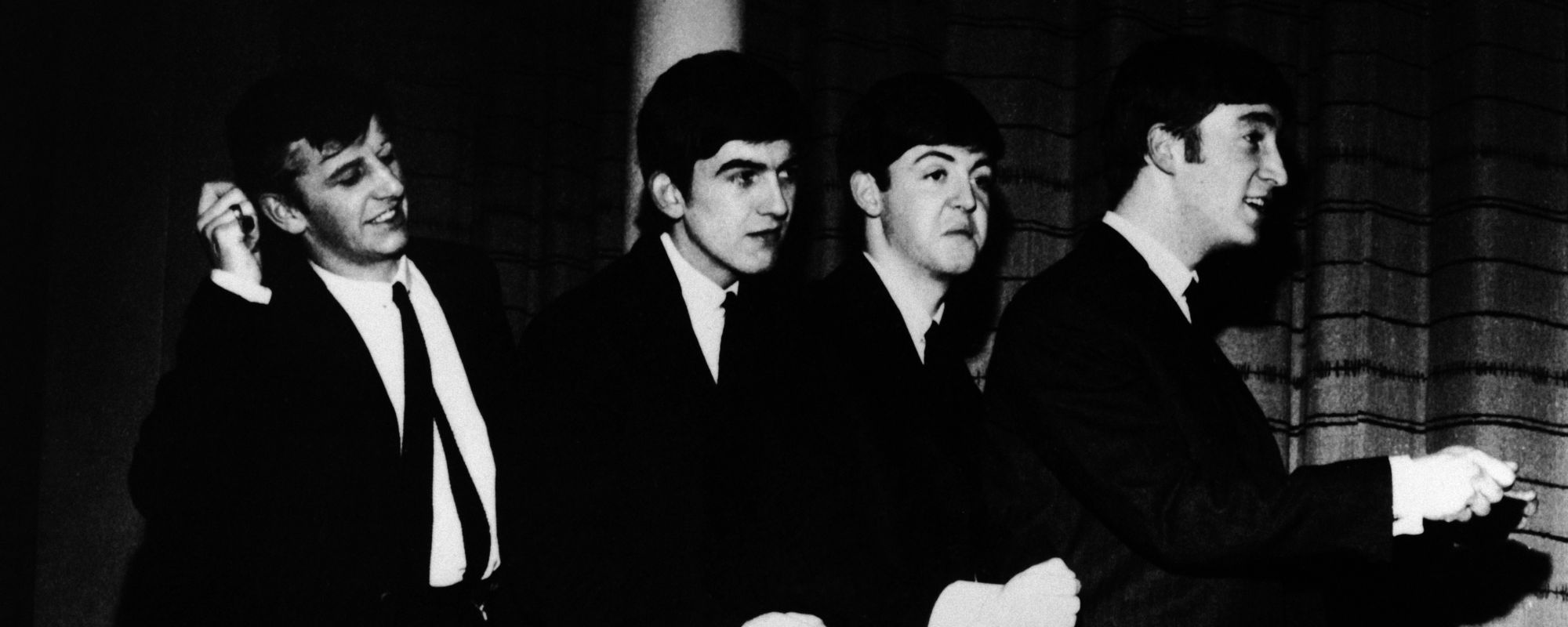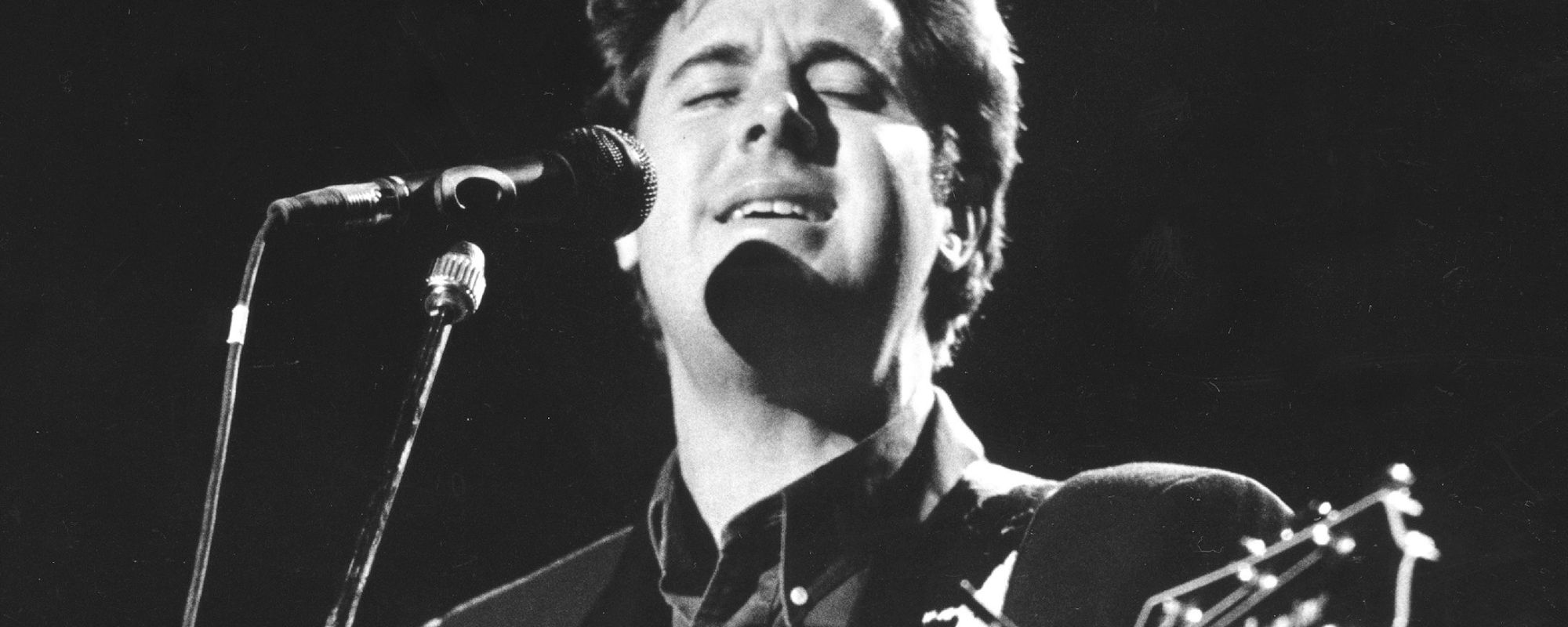On this day (November 5) in 1960, country singer Johnny Horton died after the car he was in collided with a truck in Milano, Texas. Before his death, Horton wrote and recorded several songs that were later recorded by some of the biggest names in country music, including Johnny Cash, George Jones, and Dwight Yoakam. However, he is best known for his songs based on important historical events.
Videos by American Songwriter
Horton began writing songs in the late 1940s while in Alaska panning for gold. When he returned to the continental United States, he entered and won a talent contest. This inspired him to pursue a music career. According to the Texas State Historical Association, he made guest appearances on Cliffie Stone’s Hometown Jamboree before landing his own show, The Singing Fisherman. Soon, he began recording singles and appearing on the Louisiana Hayride.
[RELATED: 4 Classic Country Songs Based on Historical Events]
In the early 1950s, he shifted from country music to rockabilly. Then, in 1956, he released his first hit. “Honky-Tonk Man” peaked at No. 9 on the Billboard country chart. Later, Dwight Yoakam would include the song on his 1984 debut album, Guitars, Cadillacs, Etc., Etc. Horton followed that hit with “I’m a One-Woman Man,” which peaked at No. 7. George Jones took the song to No. 5 in 1988.
Horton scored his first No. 1 with “When It’s Springtime in Alaska (It’s Forty Below)” in 1959. Johnny Cash, who was a close friend of Horton’s, would later cover it. The song, dedicated to Horton, appears on Cash’s posthumously released album Personal File.
Johnny Horton Brought History to Life
Johnny Horton is best known for his songs based on historical events. The first of those was his 1959 single, “The Battle of New Orleans,” which was his second No. 1 single. Written by Jimmy Driftwood, the song tells the story of the titular battle, which took place during the War of 1812.
The next year, Horton released “Sink the Bismarck.” It peaked at No. 6 on the country chart. Horton co-wrote the song about the sinking of the German battleship Bismarck during World War II with Tillman Franks.
His song, “North to Alaska,” tells the story of men who travel to Alaska during the gold rush. Two days after he died, countless moviegoers heard the song over the opening credits of the John Wayne film North to Alaska.
Featured Image by Michael Ochs Archives/Getty Images











Leave a Reply
Only members can comment. Become a member. Already a member? Log in.